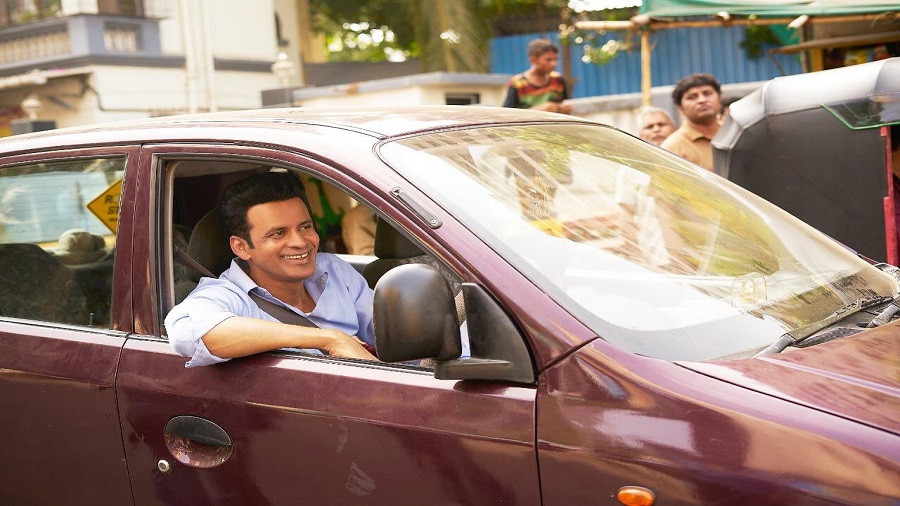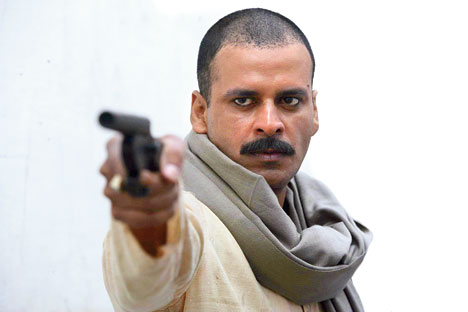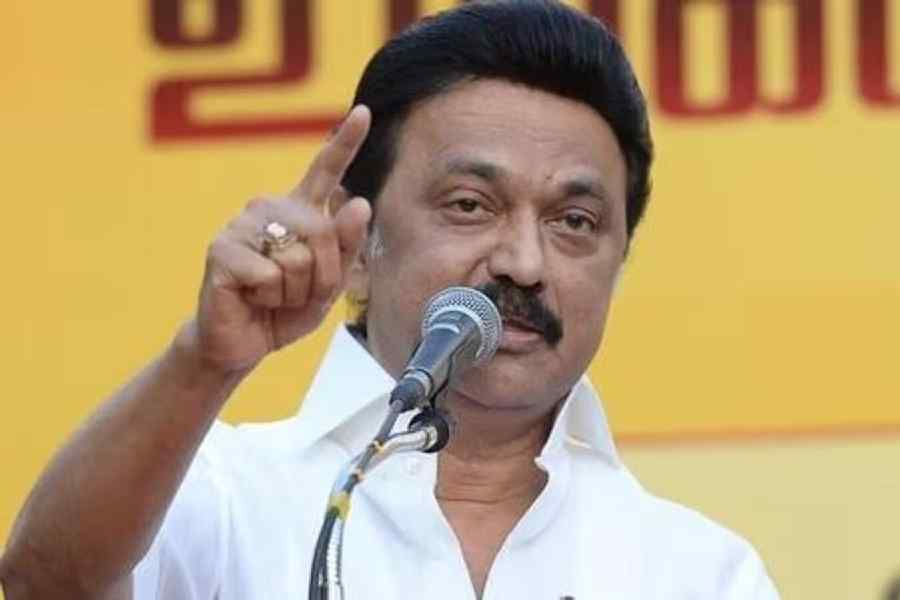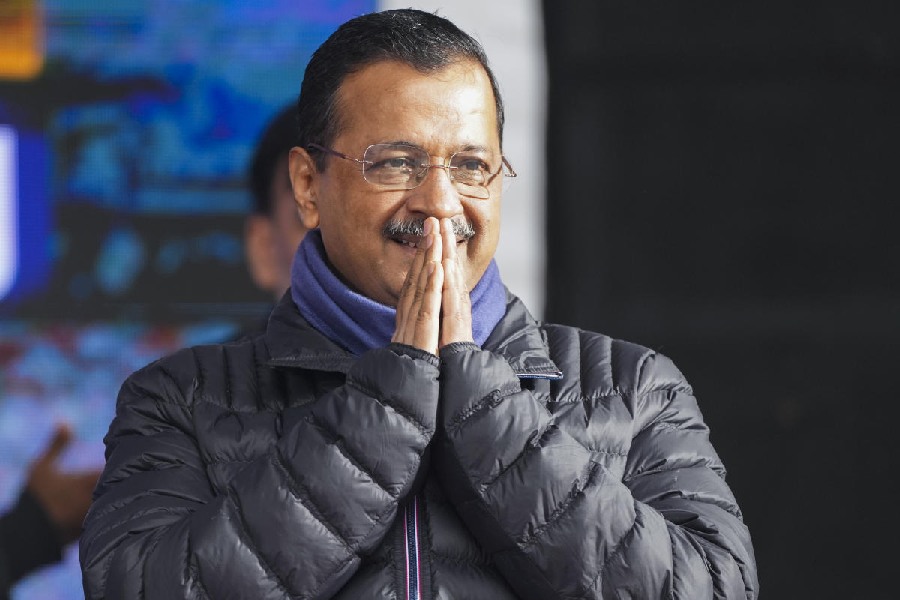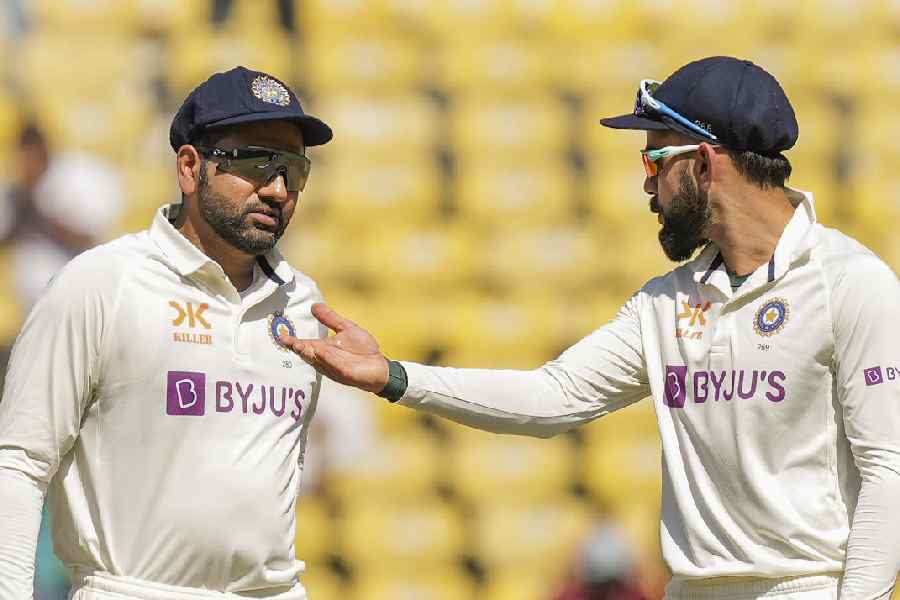The Bihari versus the Marathi manoos. The outsider versus the insider. In the deafening cacophony of this discourse, when an almost silent film recently cast Bihari Manoj Bajpayee as a Marathi manoos called Bhonsle, you couldn’t help but ask him, did Mumbai (or Bombay as it was called in 1993 when he arrived here) cold shoulder him as an interloper?
“I have never felt like an outsider,” stated the actor who has unwittingly made a trilogy of “isolation” movies that began with Aligarh (in which he played the lonely Marathi professor Siras hounded for his sexual preferences), continued with Gali Guleiyan (mind games of a man obsessed with watching the world through closed-circuit cameras), topped off with Bhonsle (a retired Mumbai cop who watches a parochial Bihari versus Maharashtrian battle play out in his chawl).
“When I came to Mumbai, I was enamoured of how everything would be put on hold and people would come together to celebrate dahi handi (on Janmashtami). I lived in a chawl initially, so I saw it from close quarters. I have great respect for the deep-rooted culture and the values followed by Maharashtrians, and for the respect and independence of women in Mumbai. As a woman, my wife cannot imagine living in any other city,” he added.
When migrants from UP-Bihar began to be targeted for a brief spell in Maharashtra in 2008, he watched, assessed and concluded, “It was politically motivated, it wasn’t the ground reality. When it took an ugly turn with violence and manhandling, it disturbed me as a person from Bihar. It bothered me that political ambition could actually divide people on religious and regional lines. It upset me as a fellow citizen. We are informed people who know the ground reality of the country and the state.” Bhonsle, his film, said it all.
But to say what he wanted wasn’t a cakewalk. With neither connections nor apple-cheeked handsomeness, the big challenge was to build Brand Manoj Bajpayee, the brand that today confidently defies restriction. Theatre, short films, big screen, television, OTT, Manoj makes a snug fit into any medium, any platform.
Talent and destiny apart, he reached there through a mix of “stubbornness and fearlessness”. “I take failure on the chin, I’m never scared of failing. In fact, the more I fail the more powerful I become in my resolve. I’ve been like this since my childhood. To this day my mother, an immensely strong lady, says, ‘You never give up.’ She had six of us to manage but always said she felt harassed by me,” he chuckled.
What harassed his mother helped him build his brand and look back with contentment. “The lockdown has given all of us time to reflect on ourselves and I’m satisfied with the journey, with where I’ve come after this roller-coaster ride. The trilogy and Wasseypur getting their due was like telling me I was right in my stubbornness, in my experiment and in where I wanted to go. Bhonsle (on SonyLIV) in particular has given me a lot of courage and strength. It told me it was the way to go, to focus on making the audience grow. Not bask in compliments and praises but enable a discussion on my performance, on the subject.”
He described celebrity voices incessantly chattering in public as “a desperate need to be counted on every topic and that doesn’t go down well with me.” Preferring to let his choices on celluloid speak for him, he said, “I let people know my stand on the kind of films I want to do, the values I have, on life, environment and humanity, through action (i.e. his cinema) instead of talking.”
In recent times, he has already said plenty “through action”. Manoj Bajpayee Productionz, which his wife, Shabana, will henceforth handle “solely”, will come forth with its own voice. With Zee’s Suraj Pe Mangal Bhari, a theatrical release, and with Season 2 of The Family Man, his big hit on Amazon Prime, all around the corner, the conversations are poised to continue.

